When athletes hit a plateau or struggle with a nagging strain, they often hunt for something with real impact. Peptides are modest chains of amino acids that can jump-start your body’s own systems, especially involving growth hormone release. They show potential for boosting tissue repair, reducing inflammation, and helping muscles bounce back faster. Yet, the scientific base isn’t iron-clad across the board, so it’s smart to work with a credible natural health center—something Avena Natural Health offers—with thoughtful, evidence-based protocols backed by naturopathic care.
Peptides for Muscle Recovery: Comparing Sermorelin, Tesamorelin, And Somatropin
Athletes or serious lifters focused on durability and growth often hear about Sermorelin, Tesamorelin, and Somatropin. Each works differently though they share the goal of stimulating growth hormone pathways.
Sermorelin mimics growth-hormone releasing hormone, prompting the pituitary to release GH in pulses rather than a constant flood. That pattern respects your body’s natural rhythm and won’t overwhelm the system. Some users notice lean-mass gains and faster bounce-back from workouts in a month or two.
Tesamorelin targets abdominal fat and supports body composition, metabolism, and insulin sensitivity—especially meaningful for athletes wanting to keep lean but strong.
Somatropin is a recombinant human growth hormone—very direct, potent, but comes with greater risk and regulatory scrutiny compared to GH-releasing peptides. It’s used medically but must be prescribed carefully.
Evidence Supporting Peptides For Muscle Recovery
The buzz is loud, but large clinical trials are limited. Anecdotal reports and smaller studies suggest some benefit in reducing soreness, repairing soft tissues, and helping athletes recover more effectively. Growth hormone peptides may reduce muscle soreness and ramp up protein synthesis or IGF-1 signaling. Still, mainstream medical caution remains: they’re not proven miracles, and the FDA limits many of them outside very specific uses.
That’s why Avena’s approach isn’t about hype. It’s about tailoring protocols, monitoring labs, ensuring product quality, and blending peptide interventions with sound nutrition, movement, and recovery practices. That kind of balance is where you get optimal, sustainable results.

Peptides for Muscle Recovery: Integrating Them Into Holistic Care
When used under medical supervision, clinicians may layer peptide use with lifestyle shifts:
One, dial in your protein, hydration, sleep, and movement patterns. Peptides won’t compensate for ignoring fundamentals.
Two, monitor response closely. GH-releasing peptides like Sermorelin and Tesamorelin may show benefits in a few weeks—like firmer recovery windows or leaner composition—but lab markers help ensure you’re not overshooting.
Three, blend with regenerative modalities. If cupping treatments or even light IV therapy play into your protocol, they can complement peptide-driven recovery by supporting circulation and nutrient delivery.
Four, always adjust dosage and combination over time rather than stack heavy upfront.
Safety, Regulation, And Athlete Considerations
Quality control is critical. A booming market attracts questionable sources; single-dose vials labeled “for research only” are a red flag. Physicians advise using vetted compounding pharmacies or clinical-grade supply. Be mindful that many governing bodies ban GH-releasing peptides in competitive sports.
If you train competitively—or even for endurance events—you should clarify your peptide choices with your coach or sports medicine expert to stay compliant and safe under testing protocols.
Beyond Peptides: Supporting Recovery With Natural Therapies
Remember, peptides aren’t the only path. Injecting GH stimulators might sound futuristic, but evidence-based recovery still rests on movement, balanced nutrition, sleep, and progressive training. Techniques like pneumatic compression, targeted stretching, hydration, or even HBOT in San Diego and other modalities at naturopathic clinics can play a role. Still, none overtake the basics. Peptides, when used judiciously, can be a smart supplement to that foundation, especially when guided by experts at Avena Natural Health.
Moving Forward With Advanced Support
If your body’s not bouncing back like it used to, or you’re chasing progress that feels stuck, consider a consult at Avena Natural Health. Together, we’ll explore whether a tailored peptide plan—combined with proven recovery tools like advanced peptide therapy—might help you thrive again. It might be the smart next step.
Media Credit: All photos licensed from Adobe.
Frequently Asked Questions
How quickly can I expect results with peptides for muscle recovery?
Results vary. Some people notice reduced soreness or improved recovery within 4 to 8 weeks with Sermorelin; long-term benefits like lean mass or improved composition may take months.
Are peptides safe for natural health centers to offer?
Yes, as long as protocols are physician-supervised, doses are conservative, labs are monitored, and supply is reputable. That’s exactly how Avena Natural Health treats peptide work—as one part of holistic recovery rather than a shortcut.
Can athletes under anti-doping rules use peptides?
Many GH-releasing peptides are banned in competitive sport. If you’re subject to doping rules, talk with a sports-medicine provider before using them. Your health comes first—but compliance is essential.
Do peptides replace the need for other therapies?
No. Avena weaves peptide options into broader recovery plans that include movement, nutrition, restorative interventions, and tailored dosing. It’s never an “instead of” but a “with.”
How do peptides compare with traditional GH injections?
Peptides like Sermorelin or Tesamorelin encourage your body to make GH in natural pulses, which tends to be safer and more physiological than constant, artificial GH exposure.

Dr. Laura Kostrzewski, a San Diego native, completed her undergraduate degree at California Polytechnic State University, earning a BS in animal science with minors in Spanish and Psychology. She then earned her Multiple Subject Teaching Credential and taught fifth grade in the central coast of California for two years. After being extremely involved in her grandfather’s journey with Parkinson’s disease and end-of-life care, Dr. Kostrzewski decided to move back to San Diego and enroll at Bastyr University California. Dr. Kostrzewski received her doctorate in Naturopathic Medicine from Bastyr University California in June of 2019, and then went on to complete her residency at Bastyr. Before AVENA Wellness, DR. K started her own private practice, focusing on management of neurodegenerative conditions, and continued teaching at Bastyr as adjunct faculty, until founding Avena Health.







